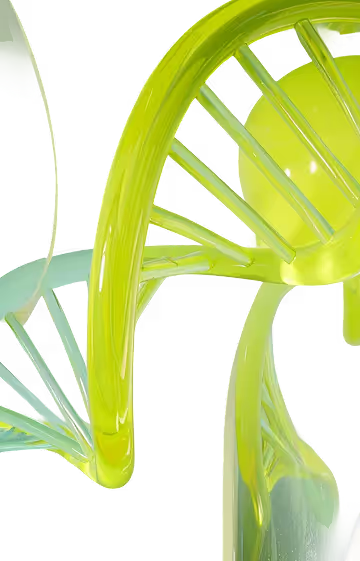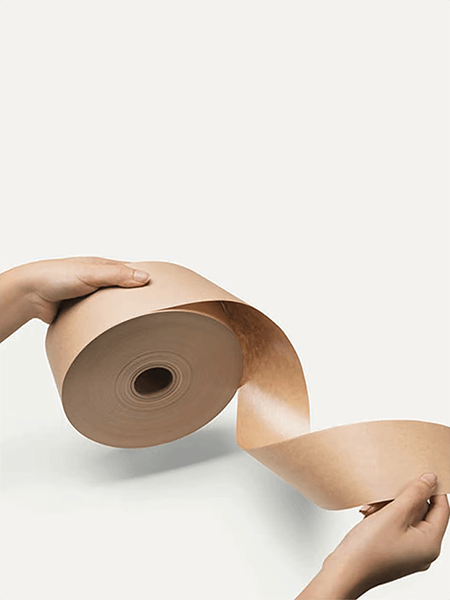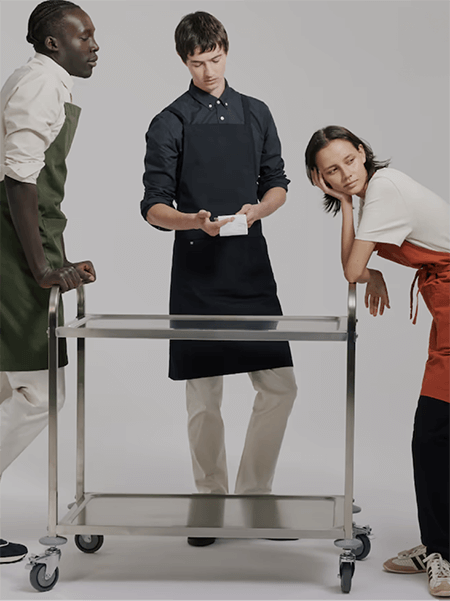The Anti-Agency, Agency.
We envisioned a global Digital Commerce Agency with enterprise capability, underpinned with a bias for action.
Thus, we conceived anti-agency. Working in immersed relationships, with deep consumer empathy, as one team, a partnership, motivated by common goals & shared success.
Since our incorporation in 2016, Overdose has grown out to a team of 300+ commerce professionals, with industry-defining capability across Strategy, Experience, Technology, Marketing, Search, Data & Insights.
Break the rules.
Think bigger.
Get sh*t done.












































.svg)
